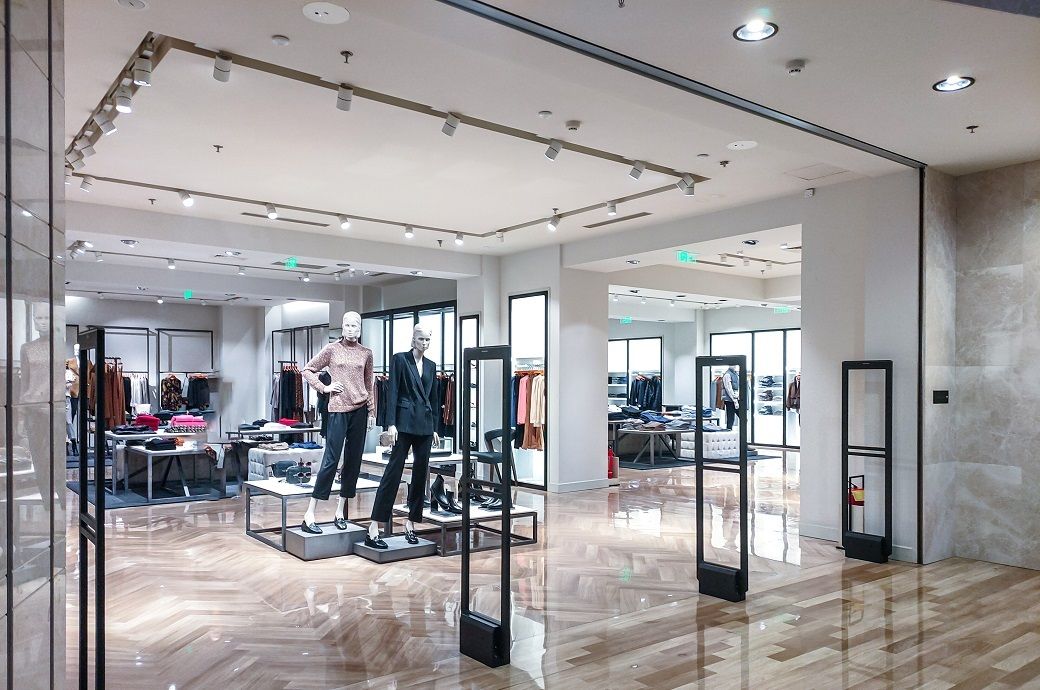

However, despite a recent uplift in business confidence in Germany, expectations for growth remain significantly below the long-term average of 28 per cent, marking the lowest among all countries with available comparative data. Furthermore, the disparity between Germany's net balance and the Eurozone's average of 20 per cent is one of the largest recorded disparities since 2009.
The improvement in confidence compared to the situation late last year was driven in part by greater optimism towards future demand, panel comments showed. There remained concerns around high interest rates, energy costs and international conflicts, although there were signs that some of these fears had eased somewhat since the previous survey, as per S&P Global.
Supply-chain threats had meanwhile increased, due in part to the Red Sea shipping disruption, although they remained far less of a worry than was the case during the worst phase of the pandemic-related disruptions in 2021-22. One emerging headwind was political developments both at home and abroad.
The majority of German businesses continued to anticipate rising staff costs in the coming 12 months. The respective net balance ticked down for the fourth survey period in a row, falling from 67 per cent in October last year to 62 per cent. Nevertheless, it was still comfortably higher than the eurozone average of 52 per cent. Sector level data showed similar wage expectations in manufacturing (63 per cent).
Other costs were also forecast to rise over the next 12 months, but to a lesser extent than staff pay. The net balance for non-staff costs was at 44 per cent in February, which was up slightly from last October's 42 per cent.
This was also the case for output prices. Manufacturers were forecasting further downward pressure on factory gate charges (minus 5 per cent). Measured overall, the net balance for output prices ticked up from 17 per cent last October to 20 per cent, bringing it in line with its long-run average.
German businesses remained downbeat about future profitability. At minus 12 per cent, the respective net balance was at its joint-highest in the past two years (alongside February 2023), reflecting improved expectations towards both business activity and pricing power, although it was still deep in negative territory and the lowest globally.
Broad-based investment reticence remained a theme in the latest survey, with manufacturers signalling their intention to reduce both capital expenditure (capex) and research and development spending. Furthermore, the net balance for capex deteriorated further to its lowest since October 2022, registering minus 13 per cent.
Employment expectations across Germany's private sector remained in shallow negative territory in February, with the respective net balance coming in at minus 2 per cent from minus 4 per cent in October 2023. There were once again divergent hiring intentions at the sector level, as has been the case since June last year. Manufacturers, on the other hand, predicted staff cutbacks over the next 12 months, with the net balance falling to minus 20 per cent—its lowest for more than three-and-a-half years.
Fibre2Fashion News Desk (DP)